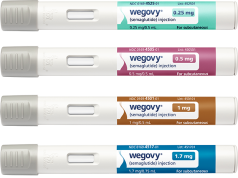Improvements in gastrointestinal symptoms greatest during first year, which also sees most weight loss
FRIDAY, Oct. 23, 2015 (HealthDay News) — An intensive lifestyle intervention (ILI) can reduce gastrointestinal symptoms among overweight and obese adults with type 2 diabetes, according to research published in the October issue of Clinical Diabetes.
Rebecca H. Neiberg, from the Wake Forest School of Medicine in Winston-Salem, N.C., and colleagues examined whether an ILI would reduce gastrointestinal symptoms over four years of follow-up. Overweight and obese adults with type 2 diabetes were randomized to ILI or diabetes support and education as part of the Action for Health in Diabetes (Look AHEAD) trial.
The researchers found that there was a significant reduction in the prevalence and severity of gastrointestinal symptoms over four years in the ILI group. The largest reductions were seen for bloating, heartburn, and regurgitation. The greatest benefits tended to be seen in the first year of the intervention, which also saw the greatest reductions in weight. The intervention effects were accounted for by inclusion of one-year weight losses in models. After adjustment for metformin and insulin use, the gastrointestinal benefits of the intervention were evident.
“Our findings suggest that weight loss through an intensive lifestyle change intervention may be beneficial to many obese individuals with type 2 diabetes who suffer from most common gastrointestinal symptoms,” the authors write.
The Look AHEAD trial was funded by pharmaceutical and weight loss nutrition companies.
Copyright © 2015 HealthDay. All rights reserved.








